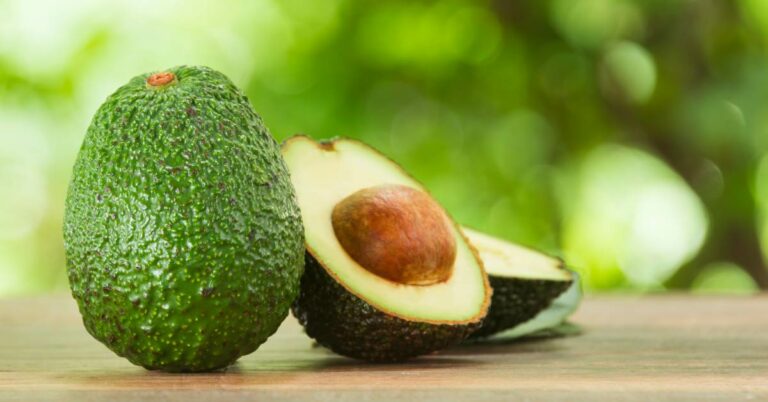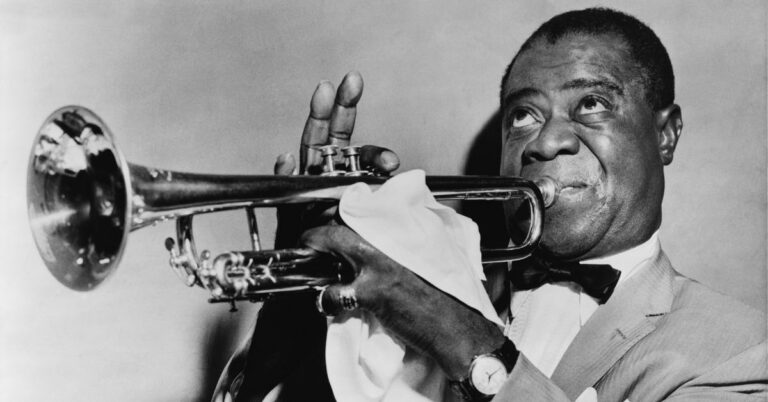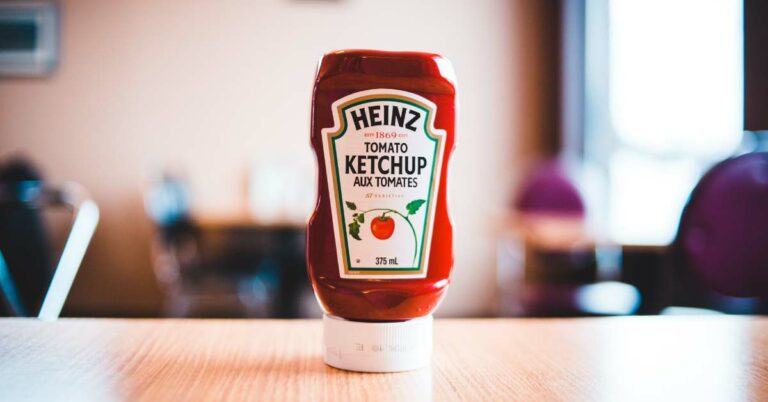As one of the most widely celebrated holidays in the world, Christmas is a time of joy, family, and tradition. But have you ever wondered where the word “Christmas” comes from? In this article, we’ll explore the origins and evolution of the word, tracing its history from its earliest origins to its modern-day usage.
The Early Roots of Christmas
The word “Christmas” is derived from the Old English “Cristes mæsse,” which means “Christ’s mass.” This term was first used in the 11th century to describe the Christian holiday commemorating the birth of Jesus Christ. The holiday itself, however, predates the use of the word “Christmas” by several centuries.
The celebration of Christ’s birth is believed to have originated in the 4th century, when the Roman Catholic Church established December 25th as the official date for the holiday. This date coincided with the winter solstice, a time of year that was already celebrated by many ancient cultures as a time of rebirth and renewal.
Evolution of the Word “Christmas”
Over time, the word “Christmas” evolved to encompass a wide range of traditions and customs associated with the holiday. These include the exchange of gifts, the decoration of Christmas trees, and the singing of carols.
The word “Christmas” has also been adapted by other languages and cultures around the world. For example, in Spanish-speaking countries, the holiday is known as “Navidad,” while in French-speaking countries, it is called “Noël.”
Conclusion
The word “Christmas” has its roots in the Old English “Cristes mæsse,” and has evolved over time to encompass a wide range of traditions and customs associated with the holiday. From its early origins as a Christian celebration of Christ’s birth, to its modern-day incarnation as a time of joy and family, Christmas remains one of the most beloved holidays in the world. Whether you celebrate Christmas for religious or cultural reasons, the word “Christmas” is a symbol of hope, joy, and renewal that has endured for centuries.














